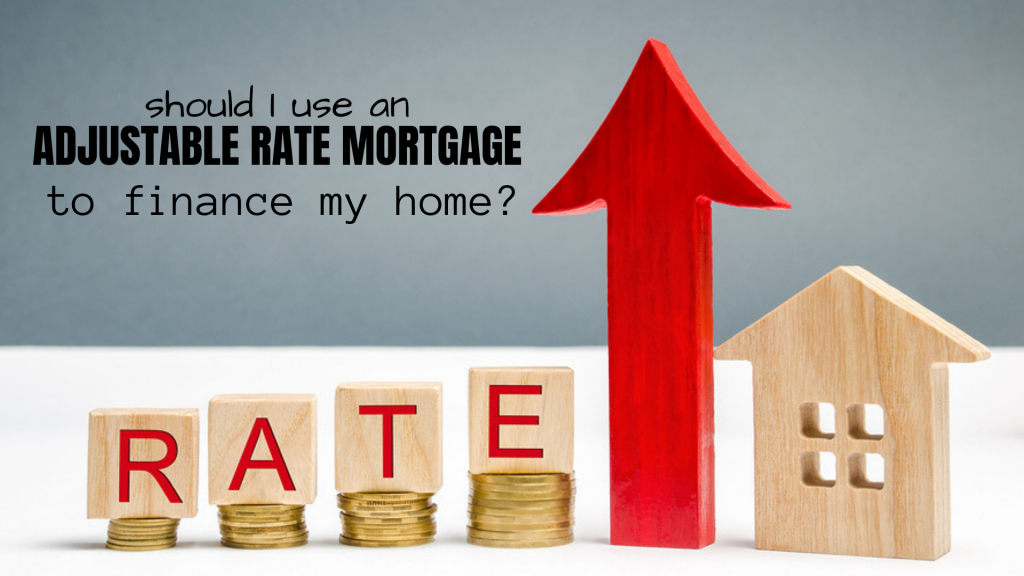When you purchase or refinance your home, in your quest to find the best mortgage rates, you may may be offered an adjustable rate mortgage as an option to a fixed rate mortgage.
Your mortgage officer may suggest an adjustable rate because the initial interest rate will be lower, making the monthly payment lower than a comparable fixed rate mortgage.
But while you have the lower monthly payment, which can be very attractive, realize an ARM's interest rate can change either up or down.

An adjustable rate mortgage can also be called a variable rate mortgage or go by its acronym....ARM.
An adjustable rate mortgage will adjust periodically at predetermined intervals. The adjustment will be based on a financial index. The most common is the one year Treasury or the LIBOR index (London Interbank Offered Rate). If the index rises your mortgage rate rises, If the index lowers, your mortgage rate will be lower.
Because you are taking some risk from the bank, an ARM will typically be lower than a 30 year fixed.
If you are considering using an adjustable rate mortgage to finance or refinance your home, there are several variables to consider when making the decision.
So let's look at it quickly. Worse case 5/1 ARM might be around 3.75% and carry a lifetime cap of 9.75%. It could adjust up to 8.75% in the 6th year. It could adjust up to 2% yearly if you can't be capped out.
Realistically, in the past 5 years, the 5 year ARM has been at a low of about 2.5% and a high of about 4.5%. On a $400,000 loan, from worst case to best case, there would be a 447 dollar a month difference in mortgage payment.
Whether you should use an adjustable-rate mortgage is a personal decision. You should consider your risk tolerance and you can afford the mortgage if the worst-case scenario should happen. Consider a 7/1 ARM is a good balance of saving money every month and risk tolerance.
An adjustable rate mortgage can be a good mortgage for:
An adjustable rate mortgage could be a bad mortgage for:
Sometimes, an adjustable rate mortgage makes sense for the right borrower. An ARM should never be used to squeak by qualifying for the loan or because the loan payment is already burdensome and your looking to save a few bucks.
When shopping for a mortgage and looking at your mortgage options, remember adjustable rate mortgages has variables. Make sure you are comparing apples to apples.